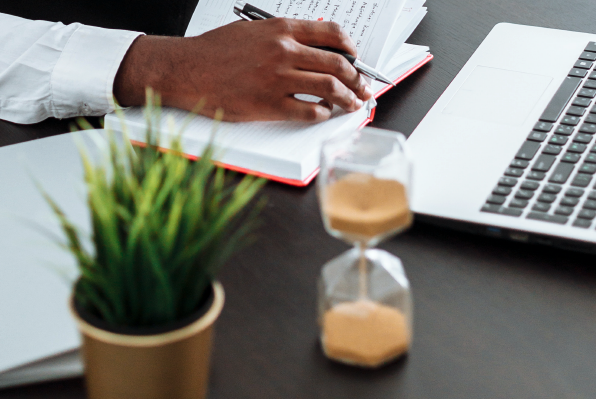One of our recurrent mantras at LCL is that it is important for law students and lawyers to remember and attend to their humanness, and to stay in touch with themselves apart from maintaining a professional role and public face. Along with the need to carve out space among the call of work and the desktop computer, lawyers are of course also subject to becoming “addicted” to their smartphones.
There are moments, strolling down the streets of Boston, when I notice that the majority of people on the block are walking while gazing downward at their devices. Others are involved in phone calls through earphones, which is a kind of connection but also a way of being removed from what is in front of them. (Remember when you’d see someone walking while talking to no one next to them and the assumption was psychosis? They no longer stand out.)
So, can a smartphone really be addictive? Well, let’s not debate semantics, but we can recognize that one of the factors contributing to the development of addiction is learning, in the form of instrumental (or operant) conditioning. What is known is that behaviors that are reinforced/rewarded are likely to increase. Importantly, this effect becomes more potent if the reward comes very quickly after the response. That’s why, for example, among the tranquilizers, Xanax (which works right away, so people with panic attacks tend to love it) is generally more readily addictive than Klonopin (a similar tranquilizer except that its onset of effect takes longer and is more gradual). I need not spell out how this applies to the smartphone. And if you think you’re not “hooked,” consider how you reacted last time you went to work forgetting your phone.
The process is not so different from my undergrad days way back in the rotary phone era. I would feel drawn repeatedly each day to check my (physical) mailbox at the on-campus post office (which delivered all day whenever the mail came in), hoping I might (at what was initially an all-male institution) find a letter from a member of the opposite sex. There was that link between dialing the combination on the mailbox and, occasionally, finding that note inside. I was doing the same thing at the time with laboratory rats as I “trained them up” to display desired behaviors.
Smartphones, of course, have many useful functions, and arguably even enhance our sense of community through social media. But when your device becomes your central connection, beware of long-term effects on your productivity and your direct human connections at home. And hey, look up when you walk down the street – it’s almost like virtual reality, except not virtual.
Jeff Fortgang, PhD



